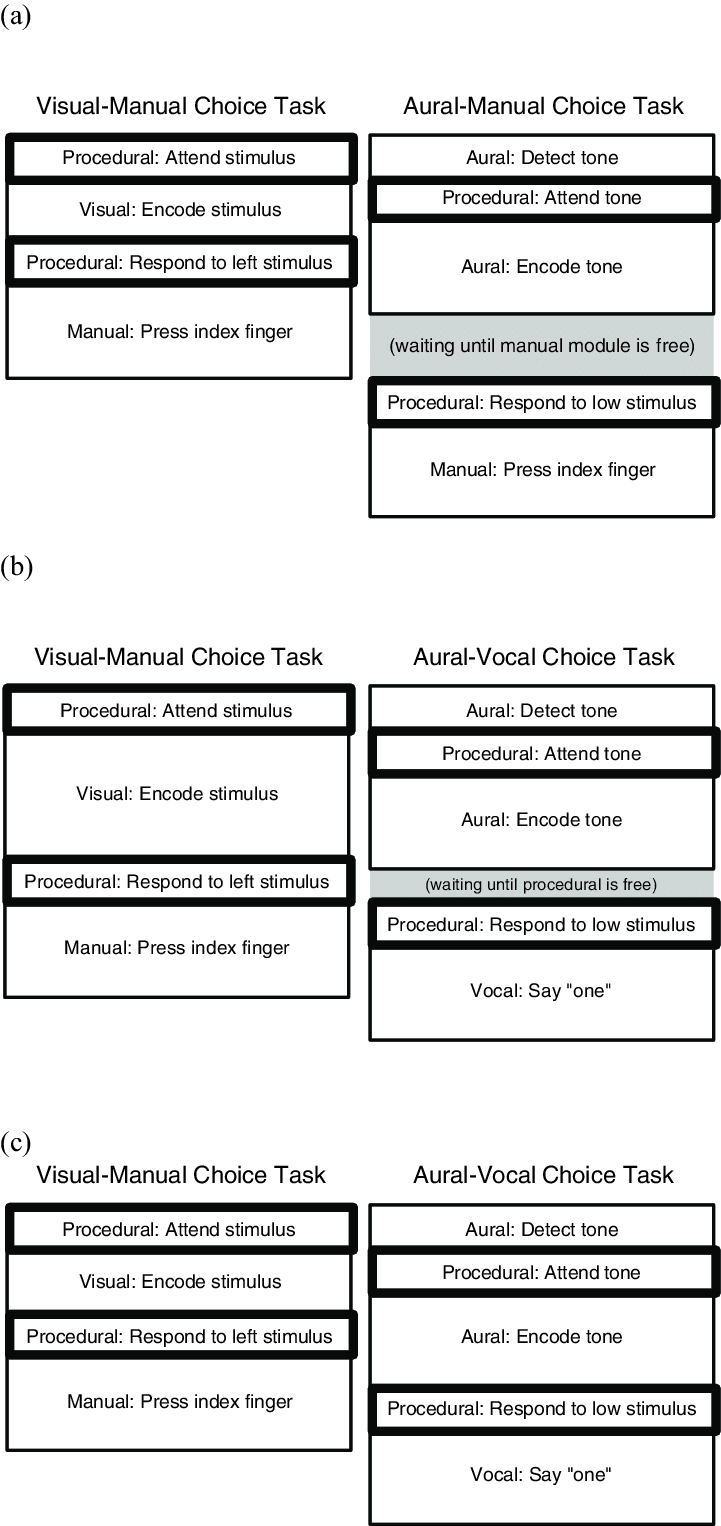

Has expert knowledge and gives an opinion that could be a basis for agreement


Guides parties to find a solution that meets their concernsĪssesses the likelihood of success at trialĭecides on an outcome after each party presents their case You should consider which factors are important to you and choose the option that meets your needs. Understand the differencesĮach ADR option addresses different needs. Some ADR options (such as mediation and conciliation) may lead to win-win solutions for both parties and may help to maintain or improve relationships. The duration may vary depending on the complexity of the case and the parties' attitudes.ĭiscussions during ADR sessions remain private and confidential, while court hearings are usually open to the public.ĪDR procedures are less complex and less formal than court hearings, which require parties to follow legal procedures and principles.įor most forms of ADR (except arbitration), you and the other party will decide how to settle your dispute.ĭuring a trial, you give up control to a judge who will make a decision that you must follow. For example, there are no costs for mediation, conciliation or neutral evaluation by the State Courts' Court Dispute Resolution Cluster (CDRC), except when conducted for District Court cases, which will generally cost $250 per party.ĪDR can take as little time as half a day.


 0 kommentar(er)
0 kommentar(er)
